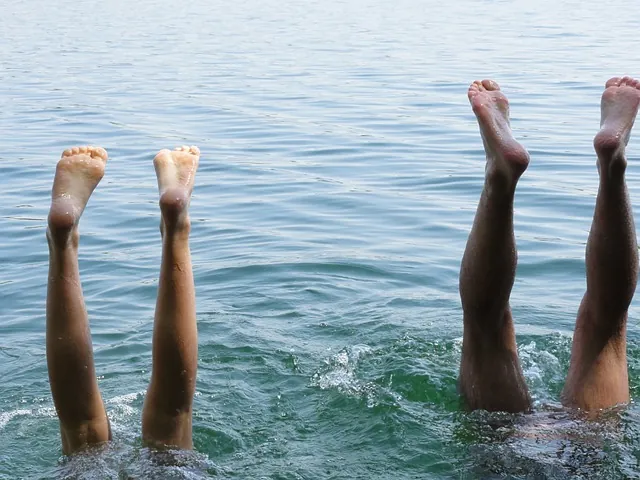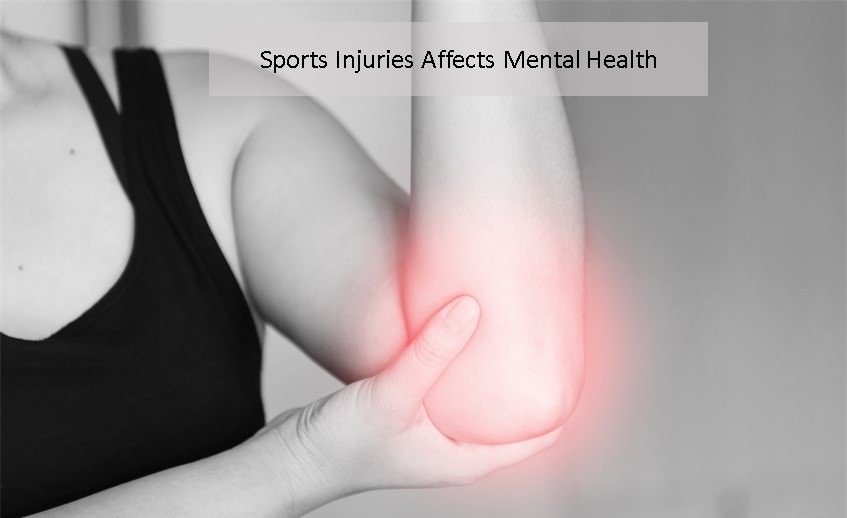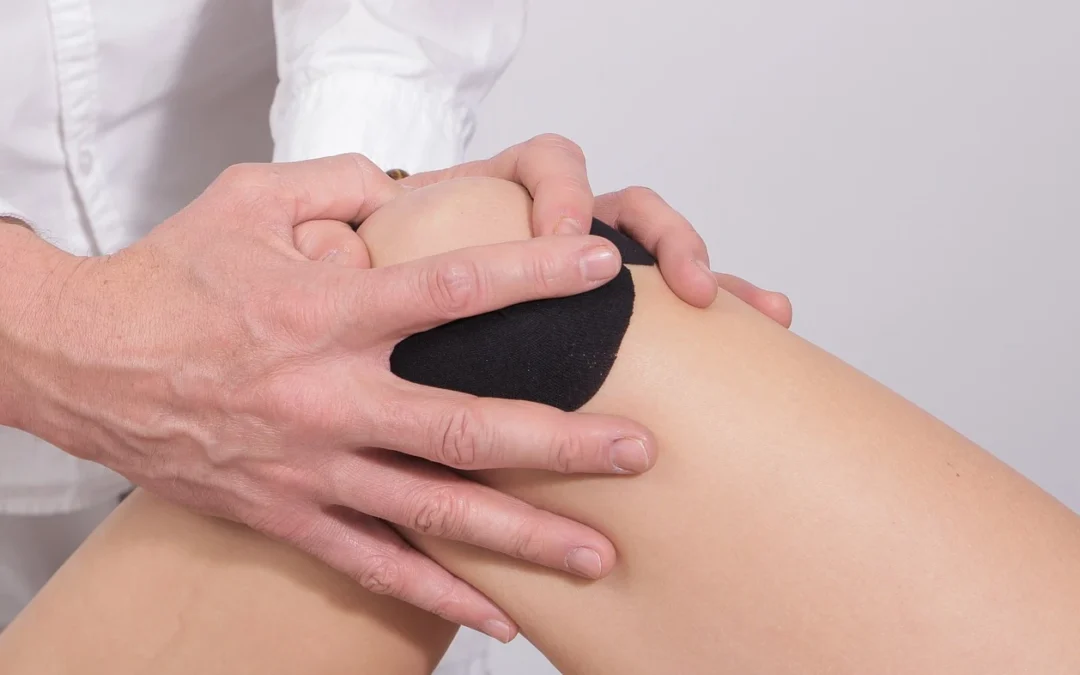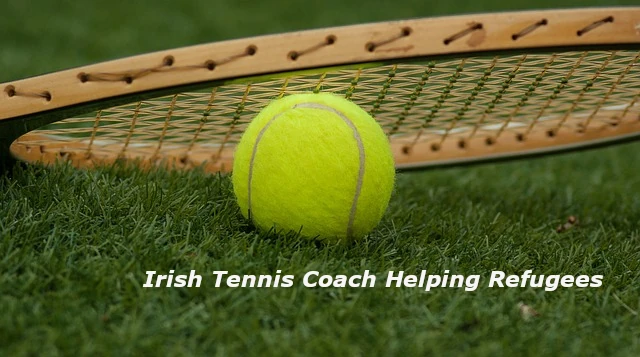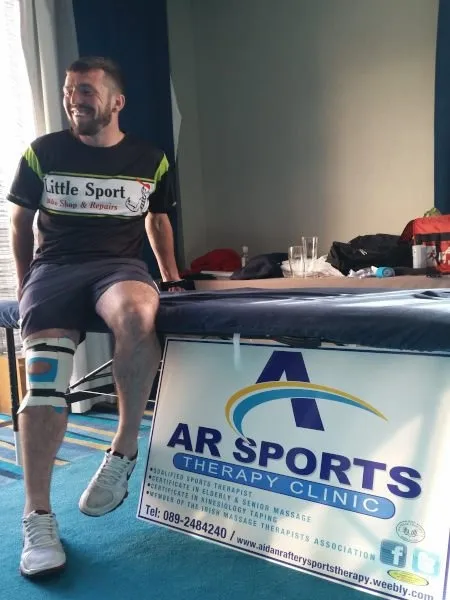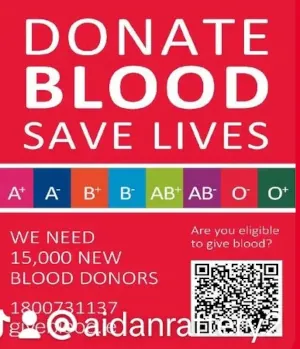Mental Health in Sport in Ireland – Injury
In my job as a sports therapist I would have to say that mental health issues in sport are more common than many think.
There are many reasons why there are mental health issues in sport. Sport has changed so much over the years in so many aspects. Along with these changes come added pressure on both managers, coaches and players. In Gaelic football and hurling years ago preparations weren’t as advanced as nowadays. You turn up for training twice a week. You do stretches, followed by laps of the pitch then sprints as ball drills and then a training game. You turn up on match day the manager pics the starting 15 you go out and you win or lose. Nowadays as I just mentioned are so many extra pressures on players coaches and management. So many aspects and methods of preparations have been added and doing them all or only doing a few can be the difference between winning and losing. At club and county level success is the only thing. It’s everything to supporters and players and management and coaches. If a club team or county team don’t win games never mind not winning cups means for managers and coaches get sacked and players get dropped either from the starting 15 or even worse, the panel. That’s before you add the criticism from the press. These are things the modern club and county players have to face as well as managers and coaches.
The workload on players and management has increased. Every player and manager wants to win that county title that provincial club title and all Ireland club title. At county level provincial and all Ireland titles. People from outside sport don’t realise what players, management and backroom staff have to put in to compete, not to win but to just to compete. Also, players have their work pressures and expectations and family lives etc. All these things affect players and management of mental health. It’s all or nothing.
Mental Health in Sport in Ireland – Modern Stress Factors
Additional preparations that have come into Gaelic football and hurling are:-
– Strength & Conditioning
– Diet: meals are prepared for players specific to the player’s weight, height, BMI etc
– Gym work: exercise plans are designed and tailored to each player individually
– Recovery sessions.
– Players training collectively together and on their own.
– Tactics have become increasingly important when it comes to beating the opposition. The introduction of blanket defences, double marking, and the addition of the sweeper system all designed to stop the opposition scoring.
– County and club teams have added experts in many fields to help prepare teams for games. These are – Strength and conditioning coaches. Sports psychologists, nutritionist, physios, doctors statisticians, video analysists to name a few.
There are issues in sport that players and coaches have to deal with. From a players point of view, top players at club level are asked to trials. The nature of sport at an elite level means that some players make the county panel, some players don’t. Players work and train so hard to get to that level that if they don’t make the county panel it is devastating for the player. Sport can be cruel in many ways and every player deals with this type of disappointment in their own way. The next issue is the players that do make the inter-county panel, they then work hard to make the starting 15. The average panel is 30 to 40 of a training panel. At intercounty level, a matchday squad consists of only togging out 26 players so at least 5 players will be disappointed but the real disappointment for players is not making the starting 15. Players question themselves did they do something wrong in training or did they not play well in the previous game. However, the players that don’t make the starting 15 but are on the bench 5 players may get a chance and could be brought on at any time. Every player handles these scenarios differently. Some will be depressed and could affect their training but some will take a positive outlook and work harder and iss want to prove the manager wrong for the game and perform well in training and challenge matches and show that they should be in the next game.
There are also players that were always in the team and all of a sudden find themselves on the bench or worst still, not even in the matchday squad. Also, the time thing that is relevant to my job, which is players who get injured. By nature, no player wants to be out due to injury players will do anything to play because they love playing and if they are not playing it is heartbreaking. I have said to players who are injured that they can’t train or play for the next X amount of weeks and they need rest and treatment and they say oh I have a game tomorrow or in a day or 2. I understand their frustration as I played sport and I have had injuries but my priority is treating the player and getting he back right and not cutting corners to do that so I need to say to them well if you play you will aggravate the injury you will be out for we say 6 weeks missing 4 or 5 games but if you treat and take the advice and treatment you will only miss 1 or 2 games. No one lives seeing players playing more than me but usually when I explain both options of playing or not playing they see where I am coming from. Most players understand when you explain to them. But I understand where they are coming from as they hate not being able to train or play games as they have 2 worries:
– They lost their place in the team
– Will they get their place back.
[Tweet “Mental Health Considerations for Sports Players in Ireland”]
The final thing is that day that all players and athletes hate, the day when for one reason or another they have to retire. Due to injury and on medical advice they have to retire. Others, their body says that is it, time to call it a day. The player finds himself being on the bench more and more. Not getting as much game time can be frustrating. The player then faces the reality, whereby from u8 or u10 up to recently they were always in the starting 15, never or rarely dropped, always training, won medals, played county, has won awards and medals and now no longer playing what do they do? Their whole life up until then revolved around GAA. How do they fill in that gap? They no longer have to train or play matches, their whole routine has changed. Some go down my route and train as a sports therapist, some get into coaching some referee or some get involved at committee or board level. Nothing will ever EVER replace playing you ask any retired player they will tell you that, but the above paths that I mention are a great and positive way for former players to keep involved in sport and it is an opportunity for they to give back to their community or county.
However, not everyone can take the above paths. Some suffer depression go down the wrong road, other lose confidence and belief or feel abandoned and become quiet. Some players even when they are playing go down the wrong route. Former Crossmaglen and Armagh player Oisín McConville had a gambling addiction. He is a guy I really admire, both as a player and a person he had this addiction of gambling that he admits got very serious. He could have kept it price it but he didn’t he went public. I remember in an interview he did and he said it was hard telling his family but when he did he suddenly felt a huge burden and weight had been lifted from his shoulders he then seeked and got addiction councelling. He had come through that part of his life and he has a good life. He is an inspiration and a perfect example to people with mental health issues that they too can get through that tough time in their lives and come out the other side and lead happy healthy lives and it all started any having the strength to talk to one person or a group of people and they will help you and support.
Mental health and mental health is something I am passionate about and I think people aren’t aware of. I hope that after reading this article that you are a bit more aware of mental health in sport and right accross the social spectrum and that if someone need your support you will help them even if it is just to listen to them and also if you are having mental health issues at the moment you see that there is help out there and that things can and will get better and all it talks is to talk to someone.
ITS OK NOT TO BE OK
